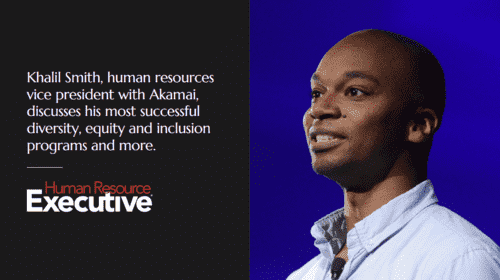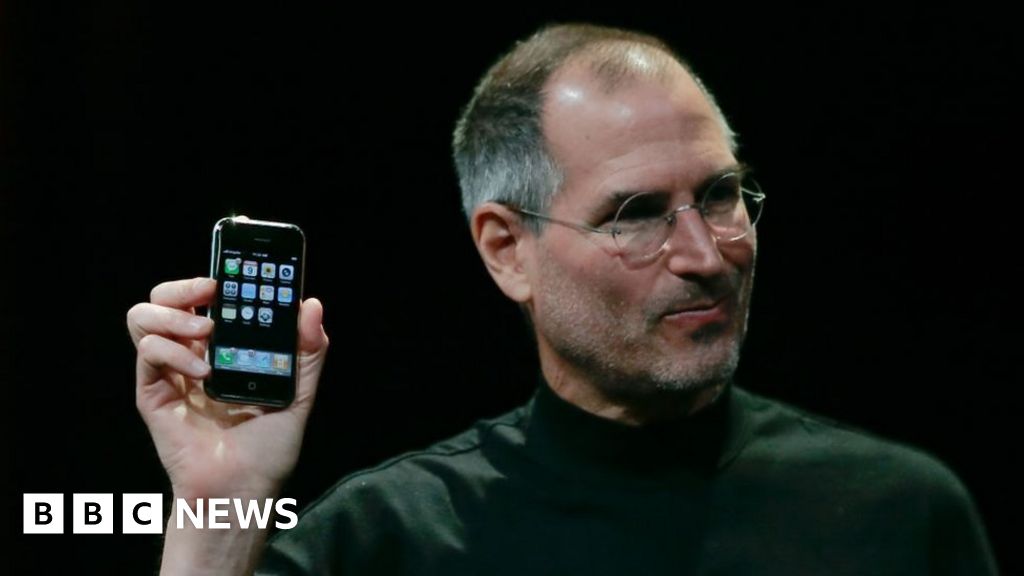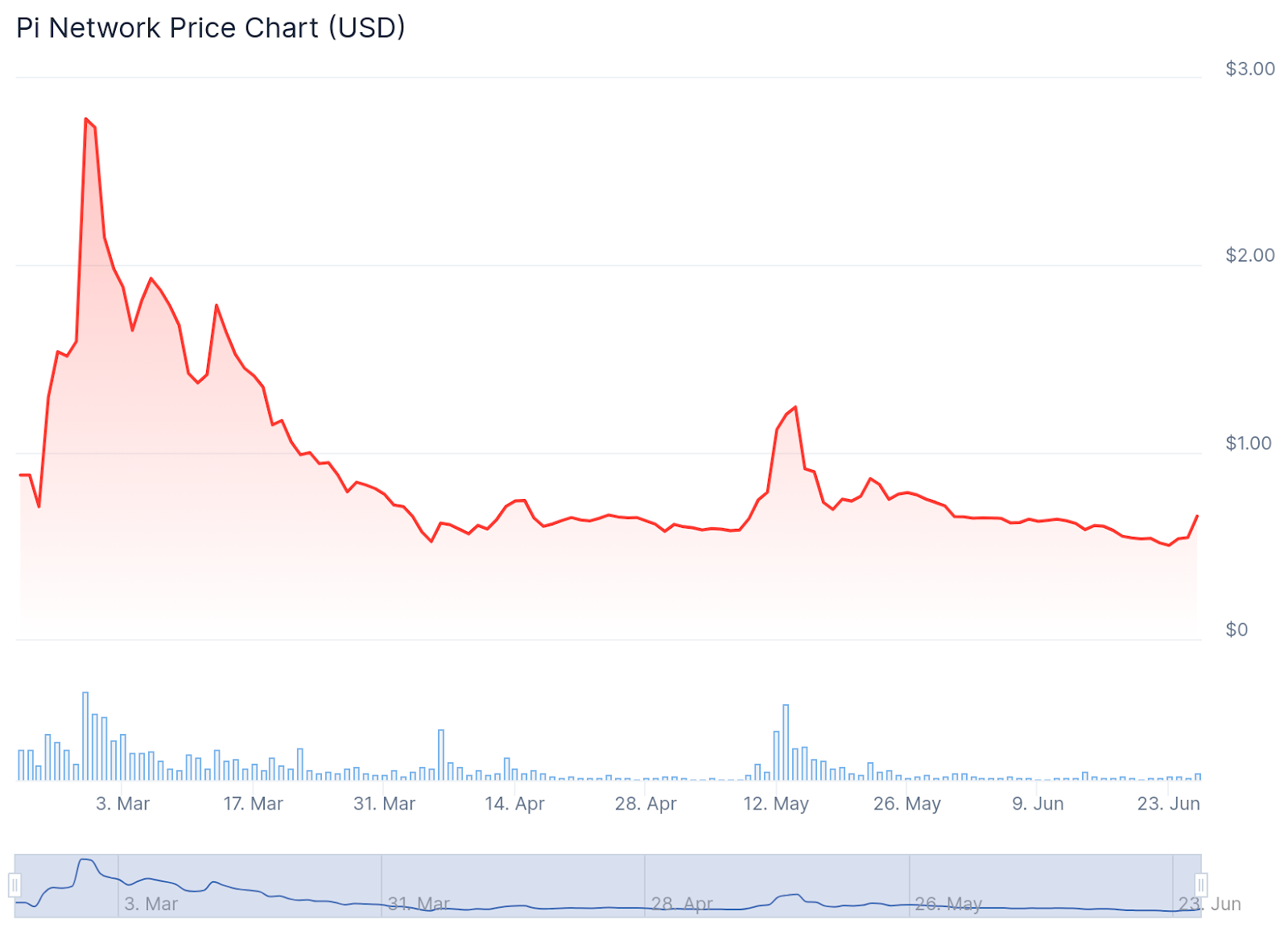Ask Khalil Smith, vice president of inclusion, diversity and engagement at Akamai Technologies, about effective DEI programs at the tech giant and he quickly points to two that he is most proud of.
In fact, one of those programs has been featured as a case study by Harvard Business School and centers on a training program for prospective hires to expand its diverse talent pipeline. In addition, Akamai has also been named one of the “Most Just Companies” in the U.S. by CNBC and JUST Capital, and it’s also earned a perfect score on the Human Rights Campaign Foundation’s Corporate Equality Index.
“We lead with inclusion because that’s something we can start doing right now in every single interaction by recognizing diversity and representation, which is incredibly important,” Smith said in a recent conversation with HRE during the Workhuman Live conference in San Diego. He adds that the importance of leading with inclusion played a role in determining the name of his team.
Smith joined Akamai nearly three years ago, about six months after the COVID-19 pandemic sent workers across the globe home. Since then, he and his team have been working to build effective DEI programs and create inclusive environments for the company’s roughly 10,000 employees working in remote, hybrid and in-office arrangements worldwide.
In this conversation with HRE, Smith discussed the trends and challenges that HR and DEI leaders are facing, including AI and return-to-the-office challenges, and described the tech giant’s two most effective DEI programs.
One is the Akamai Technical Academy, which provides a diverse group of participants who are typically underrepresented in tech with six months of classroom instruction followed by a six-month contract working with Akamai project teams for hands-on training. The other involves Akamai’s employee resource groups and providing the resources and support to help them succeed.
For more on the programs and to hear our discussion with Smith, watch the video.
Credit: Source link











